Crowns for baby teeth

specialists

equipment

treatment
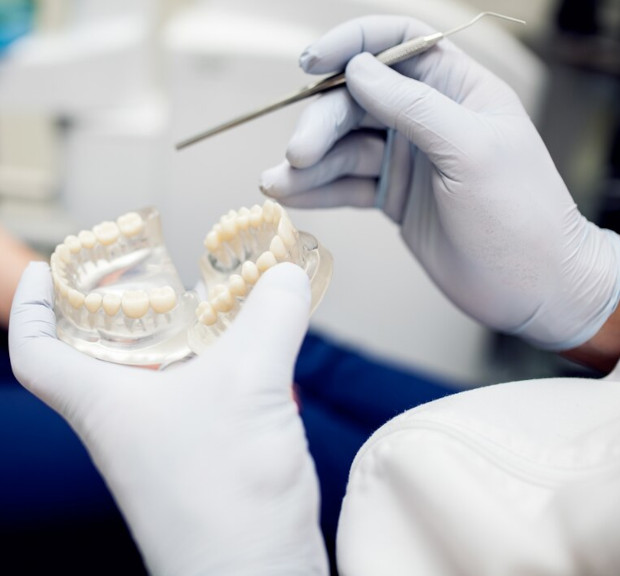
Crowns are indicated in the following cases:
- Destruction of a baby tooth is more than 50%. This level of damage significantly reduces its functionality
- Problems with enamel. In the presence of fluorosis (excessive accumulation of fluoride leading to changes in the enamel) or hypoplasia (underdevelopment of the enamel), a prosthetic restoration is necessary to ensure proper protection and function of the tooth
- Removal of a nerve for pulpitis. Against the background of the inflammatory process in the pulp, the tooth becomes more fragile and vulnerable, so a crown is required
- Bruxism and increased abrasion of enamel. Lead to damage to baby teeth and their early loss
- Multiple caries. Common carious lesions affect several teeth and therefore require the installation of crowns to restore their function and appearance
If a baby tooth has minimal damage, it can be restored with a small filling, without the need for a crown. In cases where there is no more than a year left before the natural replacement of a baby tooth and the x-ray image already shows a permanent tooth preparing to erupt, a crown is also not installed. The doctor chooses more conservative treatment methods.
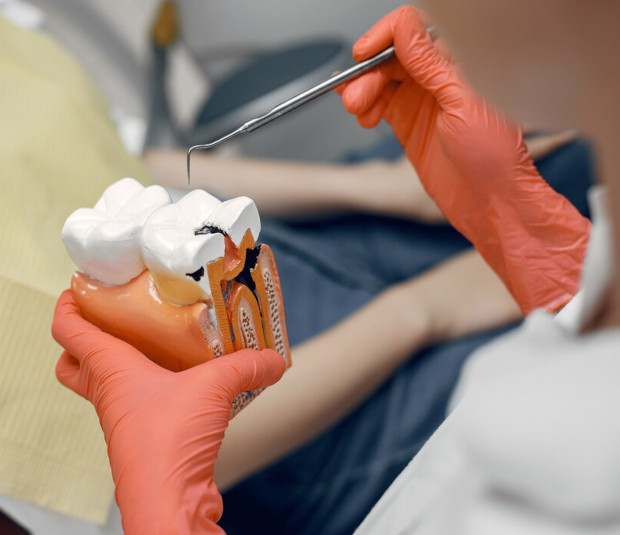
Children's crowns for baby teeth are suitable for most children, but there are exceptions. It is important to consider individual sensitivity to the materials used to make crowns. If the child has a history of allergies to the components of the orthopedic structure, the doctor selects another treatment method.
Another factor is the stage of tooth root resorption. If the resorption process has captured 50% of the root tissue, prosthetics with children's crowns on the teeth does not make sense. This usually happens a couple of years before natural tooth loss.
In addition to allergies and the stage of root resorption, there are other contraindications to the installation of children's crowns:
- Deep caries or periodontitis requiring preliminary treatment
- Severe diabetes mellitus
- Blood diseases
In such cases, the doctor selects alternative methods of treating baby teeth.
Crown or filling – what to choose
Sometimes dentists recommend installing a crown on baby teeth instead of a filling.
In cases where the baby tooth already has a filling and there is no permanent tooth germ, installing a crown can be especially important. The crown protects the tooth from further damage, allowing it to be preserved until the bite is completely changed or even up to 18 years. This makes it possible for subsequent prosthetics with implantation and installation of a permanent crown.
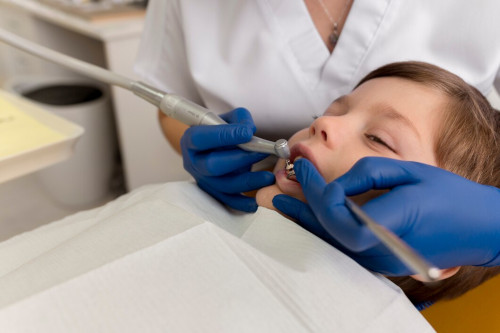
Advantages of installing a crown on baby teeth instead of a filling:
- Chewing load A crown is preferable if the tooth damage exceeds 50%. In this case, the filling is ineffective and increases the risk of further damage and chips
- Possibility of re-installation of a fallen crown In a situation with a filling, you will need to refill the tooth cavity with filling material
- Protection against caries The crown provides reliable sealing, eliminating the possibility of repeated caries and tissue destruction
Types of children's crowns
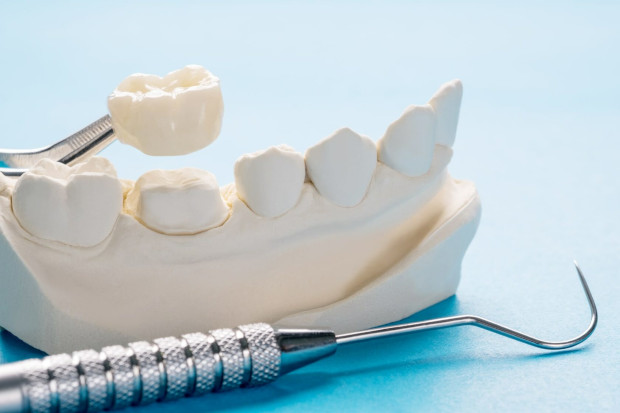
Depending on the area in which the restoration is carried out, there are two main types of crowns for baby teeth:
- For front teeth: Zirconium crowns are often used. They are snow-white, durable and have an aesthetic appearance, do not contain metals and allergens
- For lateral chewing teeth: In most cases, metal crowns made of nickel-chromium alloy are used in this area. They are characterized by increased strength, durability and a more affordable price. The structures can withstand increased loads and adapt to the unique shape of each tooth
Children generally adapt well to the use of metal crowns.
General information about the procedure
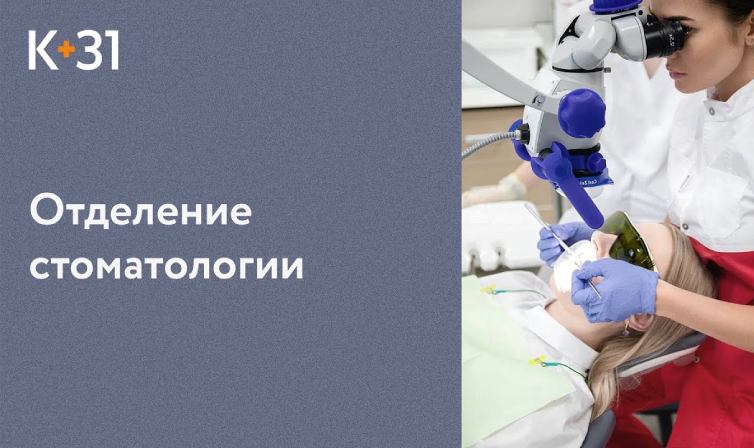
Modern methods of diagnostics and dental treatment at "K+31"
Our doctors

This award is given to clinics with the highest ratings according to user ratings, a large number of requests from this site, and in the absence of critical violations.

This award is given to clinics with the highest ratings according to user ratings. It means that the place is known, loved, and definitely worth visiting.

The ProDoctors portal collected 500 thousand reviews, compiled a rating of doctors based on them and awarded the best. We are proud that our doctors are among those awarded.
Make an appointment at a convenient time on the nearest date
Price
Other Services

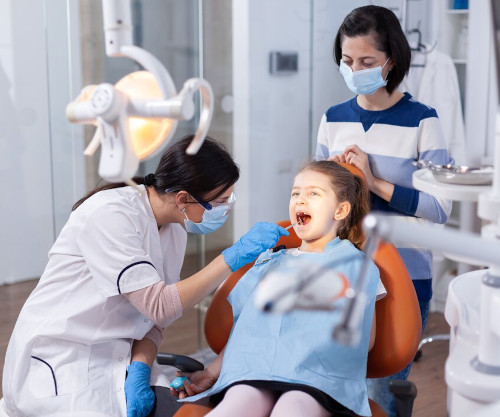
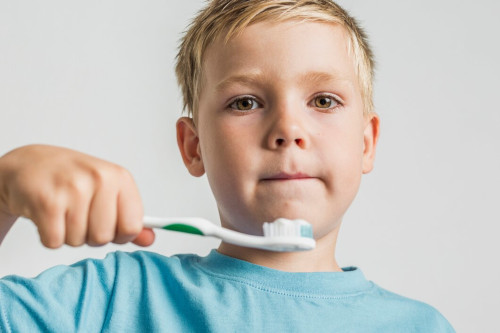

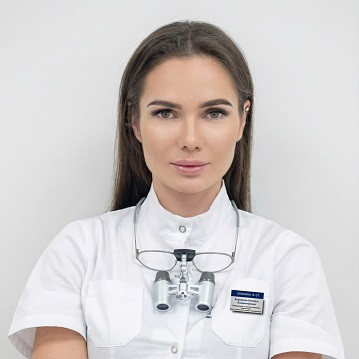
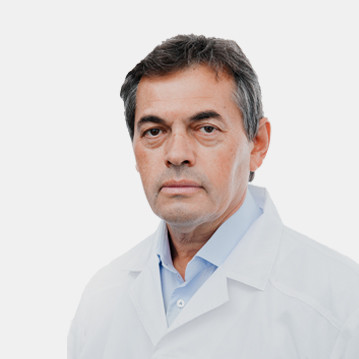
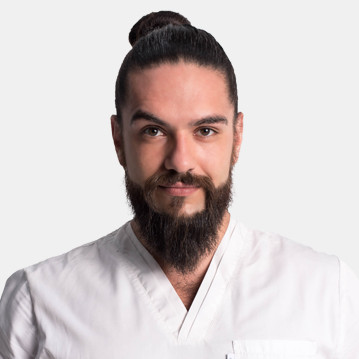
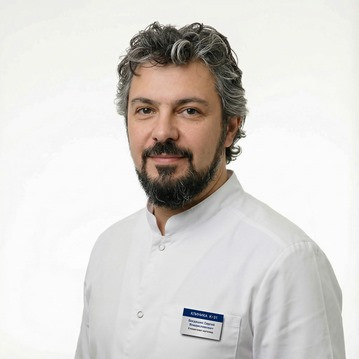
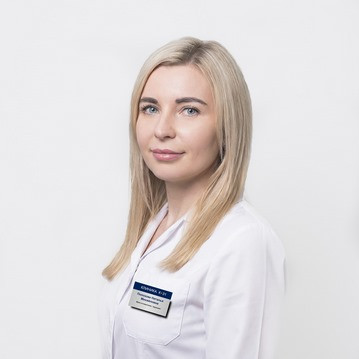
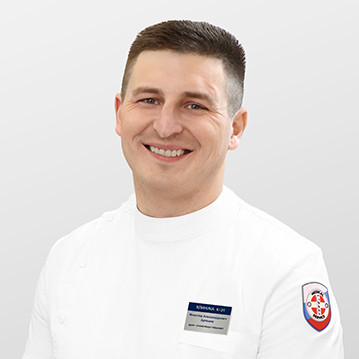
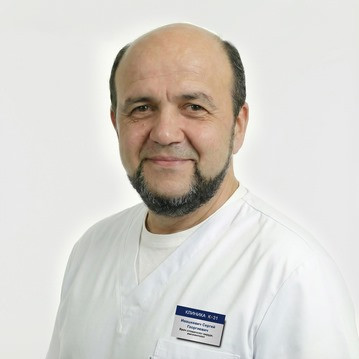

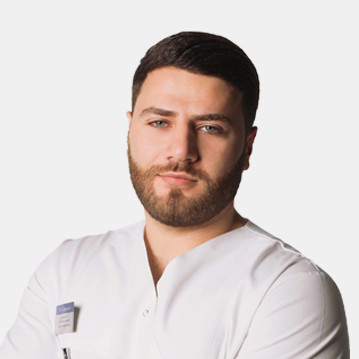
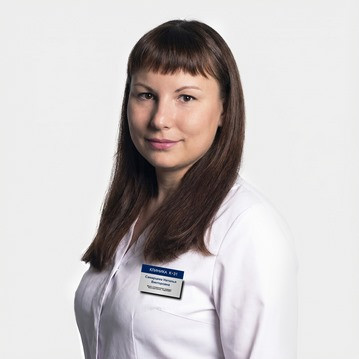

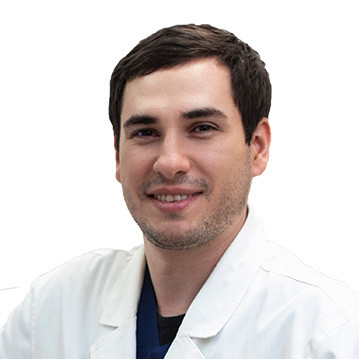
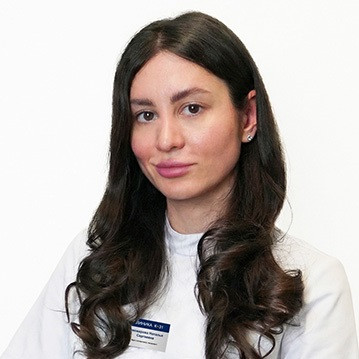
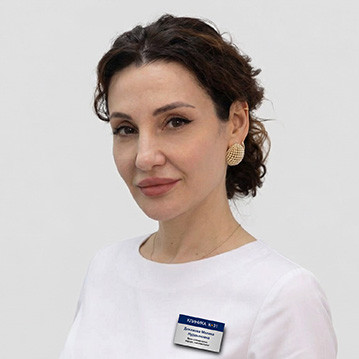
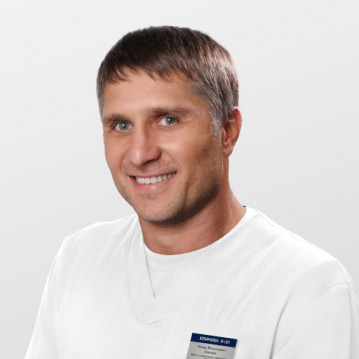
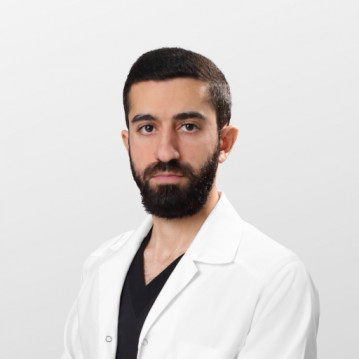
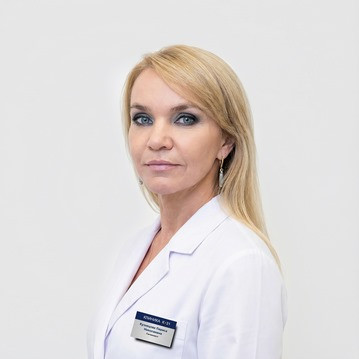

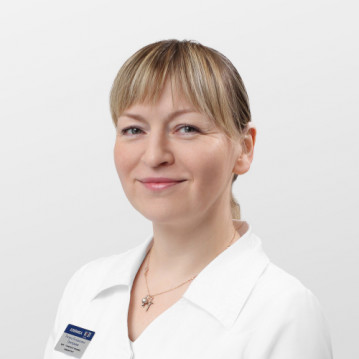
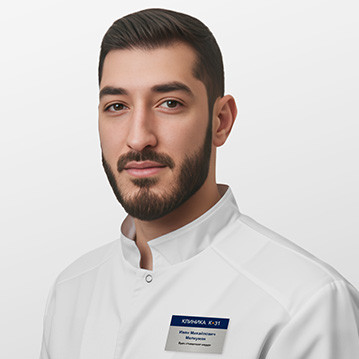
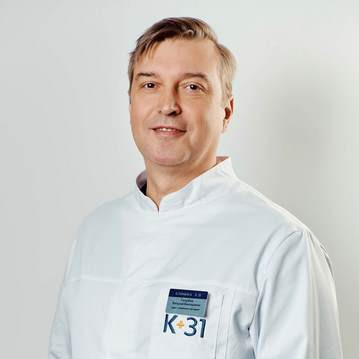

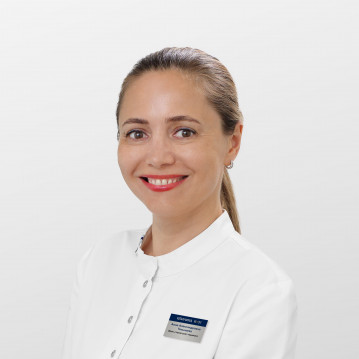
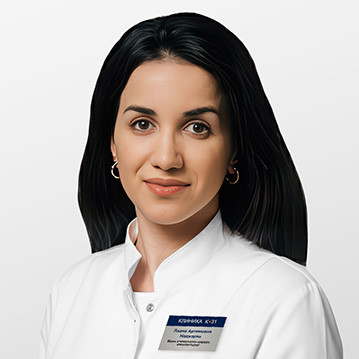
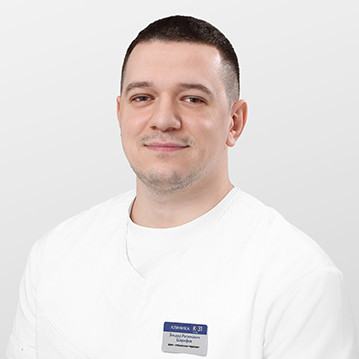
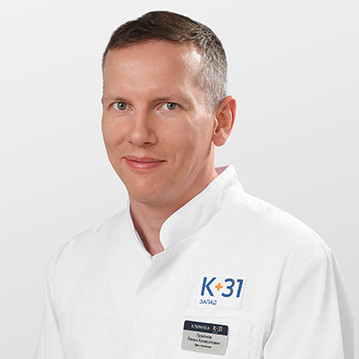
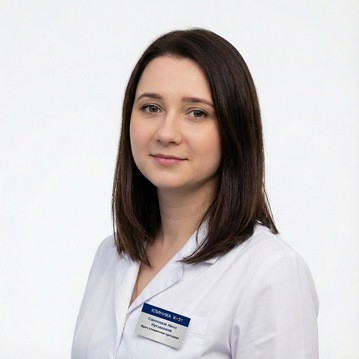
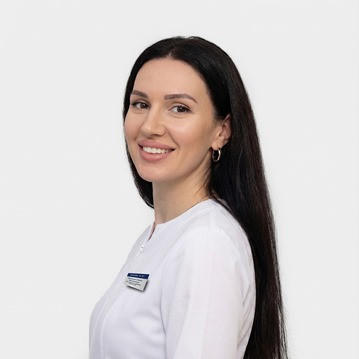


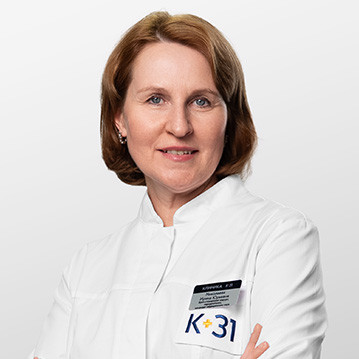
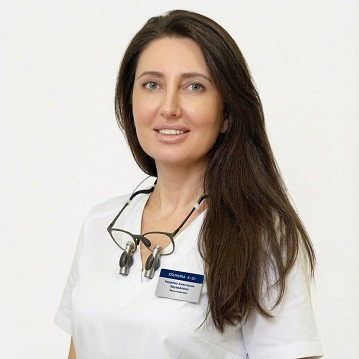
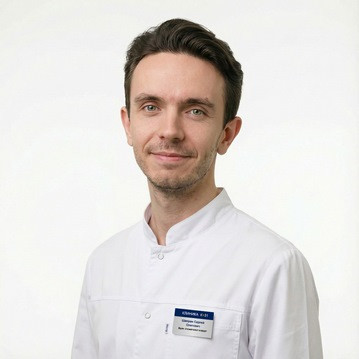

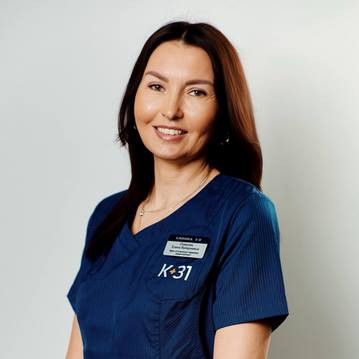















Why save baby teeth?
It is important to maintain the health of primary teeth, since they play a major role in the formation of the bite and have a significant impact on the condition of the molars. From the age of six, children's teeth begin to gradually fall out, giving way to larger permanent teeth. During the same period, a parallel process is observed in the jaws: the roots of baby teeth are absorbed, and permanent teeth move to the surface of the gum. Around the age of 12-14 years, the last primary chewing tooth falls out.
Removing baby teeth ahead of time causes the following problems:
Unpleasant symptoms may not appear immediately, but by preschool age they become noticeable. Parents notice that the child takes a long time to eat, pronounces words incorrectly, or is embarrassed about his appearance when laughing.
Many parents wonder at what age can you put crowns on your teeth? Installation of crowns for children under 2-3 years of age is often considered for serious pathologies: early development of caries, for example, caries of baby teeth that occurs in infancy. The need also arises in cases of congenital abnormalities of dental development, including enamel hypoplasia or genetic diseases affecting the structure and health of teeth.